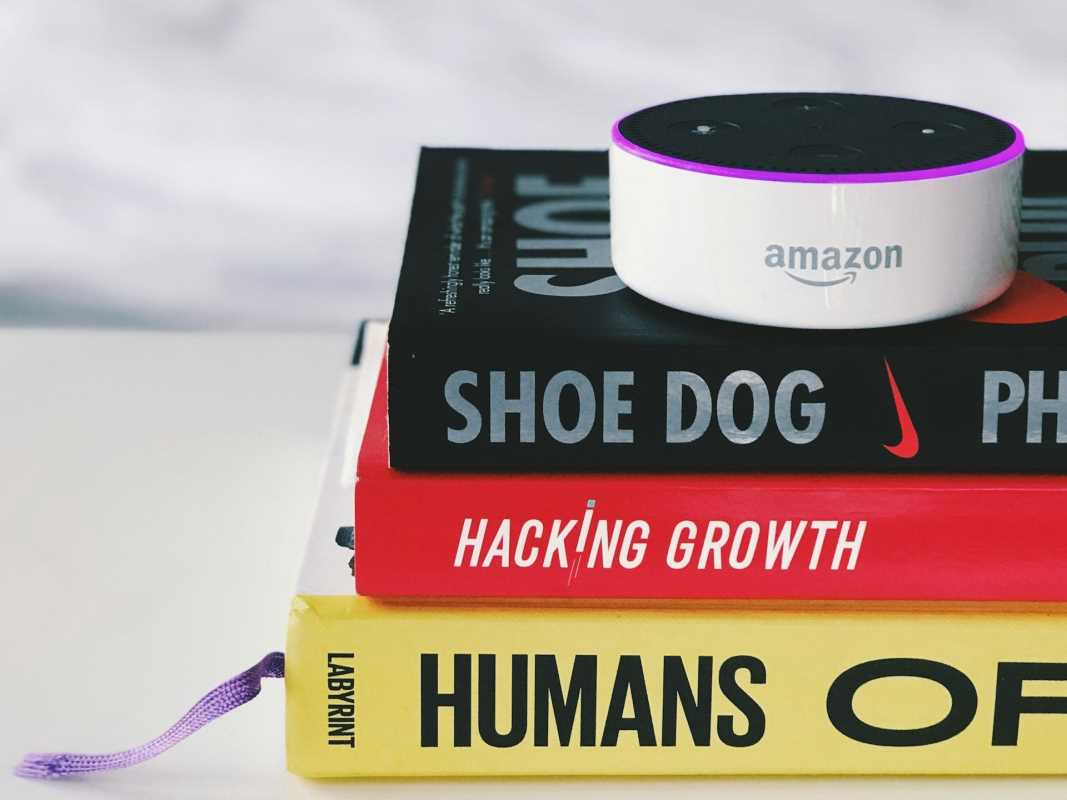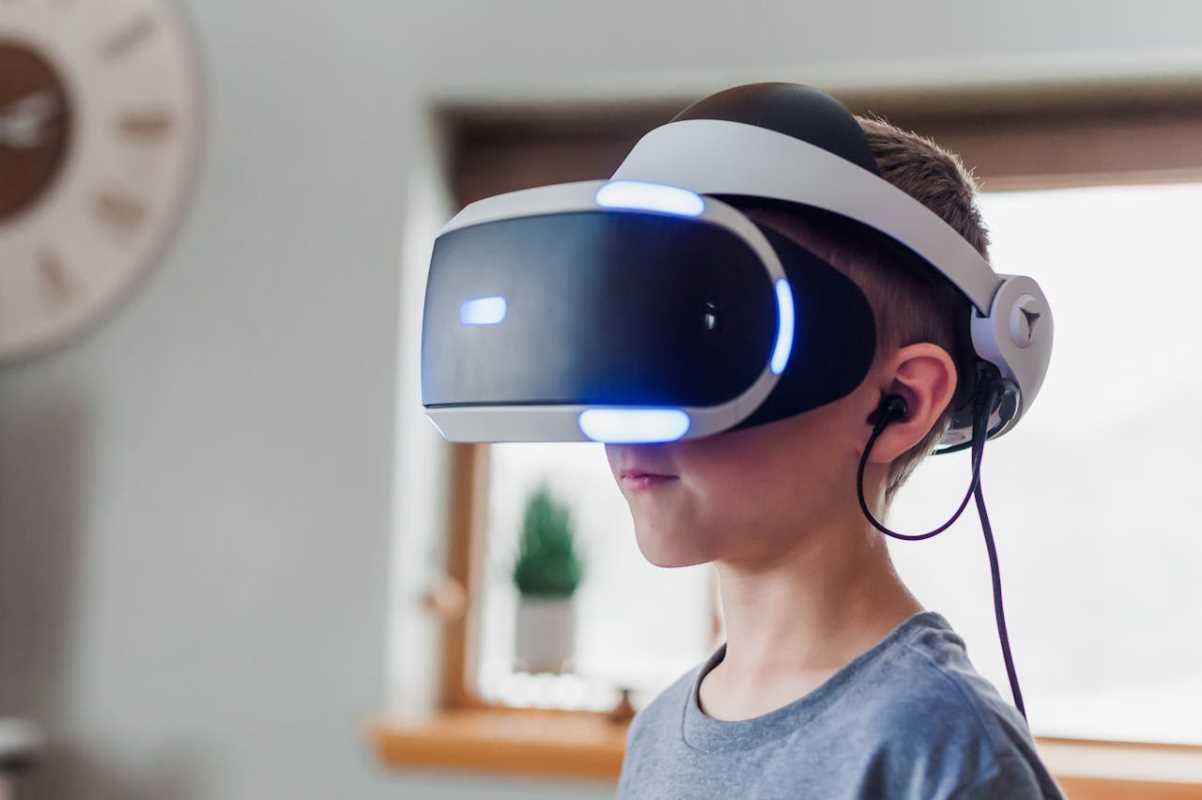In today's rapidly advancing technological landscape, smart home innovations are revolutionizing the way families live and interact with their environments. The concept of a smart home involves the integration of digital devices and systems to automate and enhance household functions, and it's quickly gaining traction among homeowners seeking convenience, security, and efficiency.
The Rise of Smart Homes
The popularity of smart homes has surged as technology becomes more accessible and affordable. These homes are equipped with internet-connected devices that allow users to control and monitor systems remotely via smartphones or voice commands. Smart home technologies offer unprecedented control over the home environment, from adjusting the thermostat to turning off lights.
Key Smart Home Technologies
1. Smart Thermostats
Smart thermostats, like the Nest or Ecobee, learn household routines and adjust temperatures accordingly. This enhances comfort and optimizes energy usage, reducing utility bills. Families can control the thermostat remotely, ensuring the home is at the perfect temperature upon arrival.
2. Smart Lighting
Smart lighting systems, such as Philips Hue, provide customizable lighting options that can be controlled remotely. Families can set schedules, dim lights, or change colors to create the perfect ambiance for any occasion. These systems also contribute to energy savings by ensuring lights are off when not needed.
3. Smart Security Systems
Innovative security systems, like Ring or Arlo, offer real-time monitoring and alerts. Families can view live video feeds from cameras, receive notifications of unusual activity, and even communicate with visitors remotely. This level of security provides peace of mind, especially for busy families.
4. Voice Assistants
Voice-activated assistants, such as Amazon Alexa or Google Assistant, serve as the central hub of smart homes. They can control connected devices, play music, set reminders, and answer questions, making daily tasks easier and more efficient for families.
Enhancing Daily Life
Smart home technologies significantly enhance daily life for families by providing convenience and improving quality of life. Parents can monitor their homes while at work, ensuring their children's safety. Automated lighting and climate control create comfortable environments without constant manual adjustments. Additionally, voice assistants streamline household management, allowing families to focus on what truly matters.
Challenges and Considerations
Despite their benefits, smart home innovations come with potential challenges. Privacy concerns are paramount, as connected devices can be vulnerable to hacking. Families need to ensure their systems are secure and data is protected. The cost of implementing smart home technology can also be a barrier for some, though prices are gradually becoming more affordable.
The Future of Smart Home Technology
Smart home technology is set to become even more integrated into family living. As artificial intelligence advances, homes will become more intuitive, predicting and adapting to family needs seamlessly. Greater device interoperability will enhance the user experience, making smart homes more accessible to a wider audience.
Smart home innovations redefine family living by offering enhanced convenience, security, and energy efficiency. As technology continues to evolve, the potential for smart homes to further transform how families live is immense, paving the way for a future where homes are as smart as those in them.
 (Image via
(Image via





